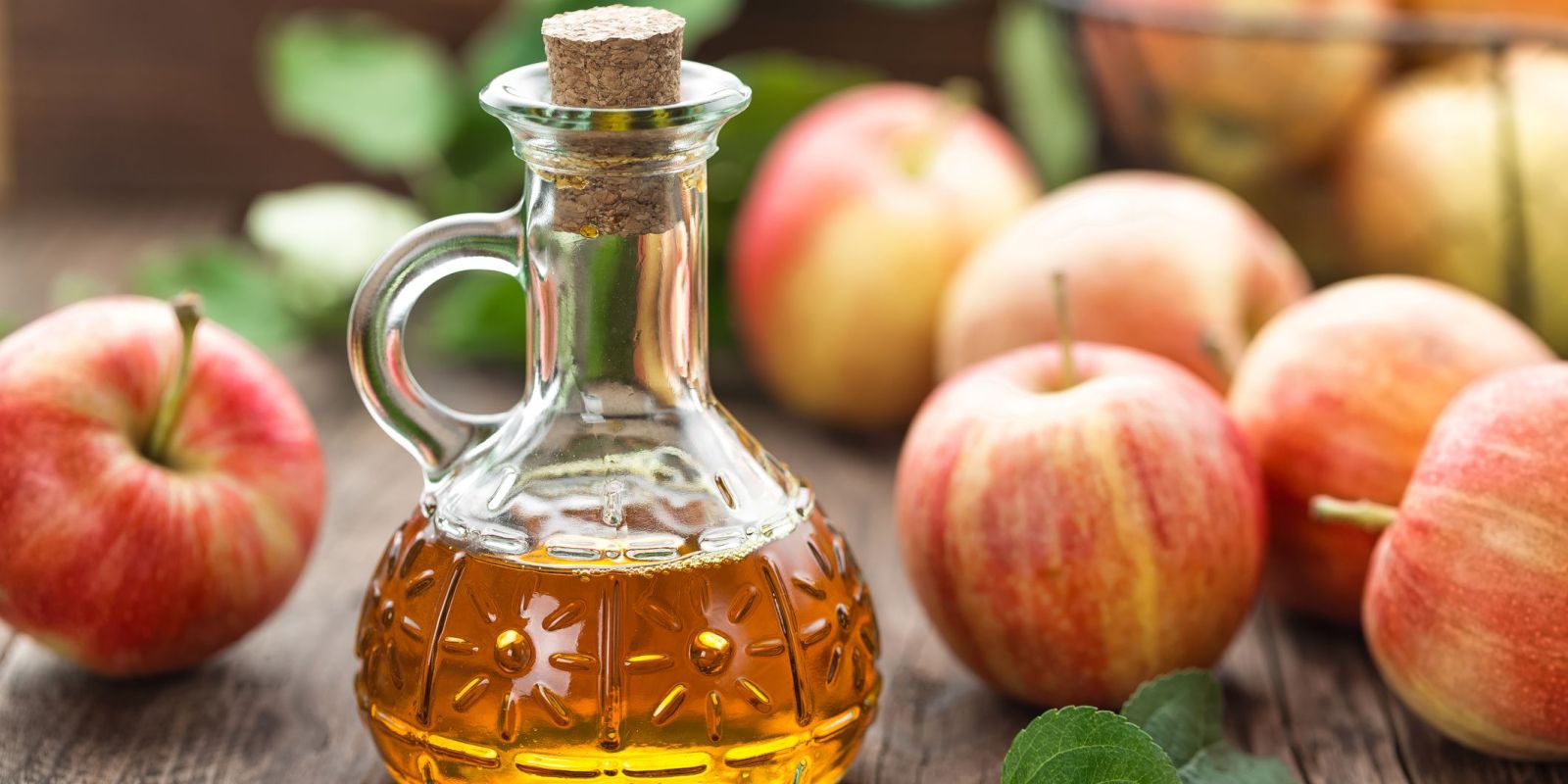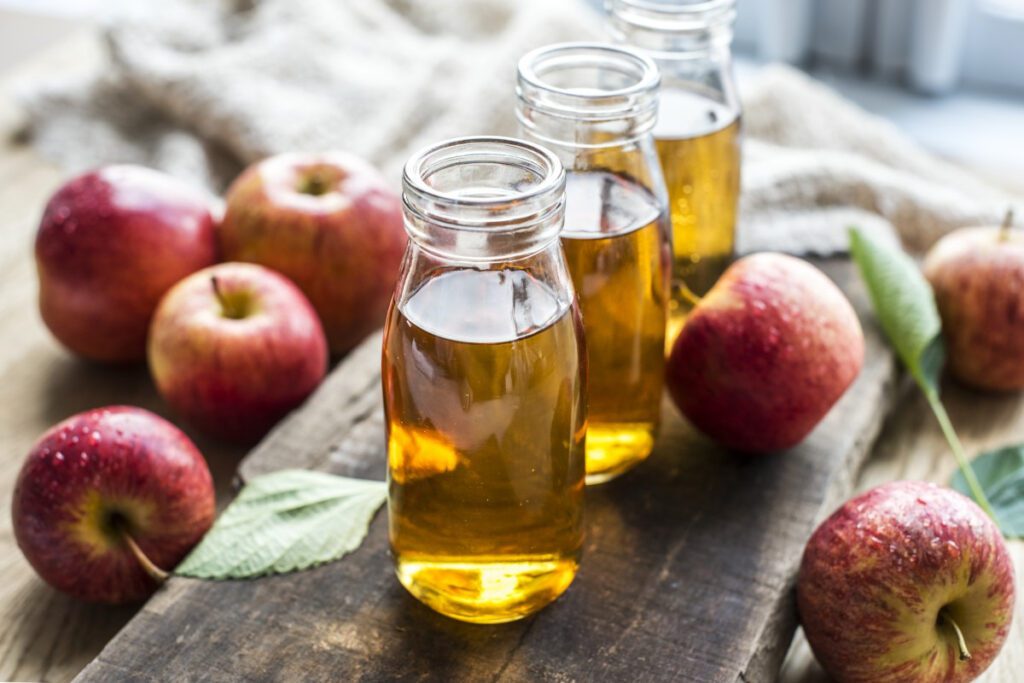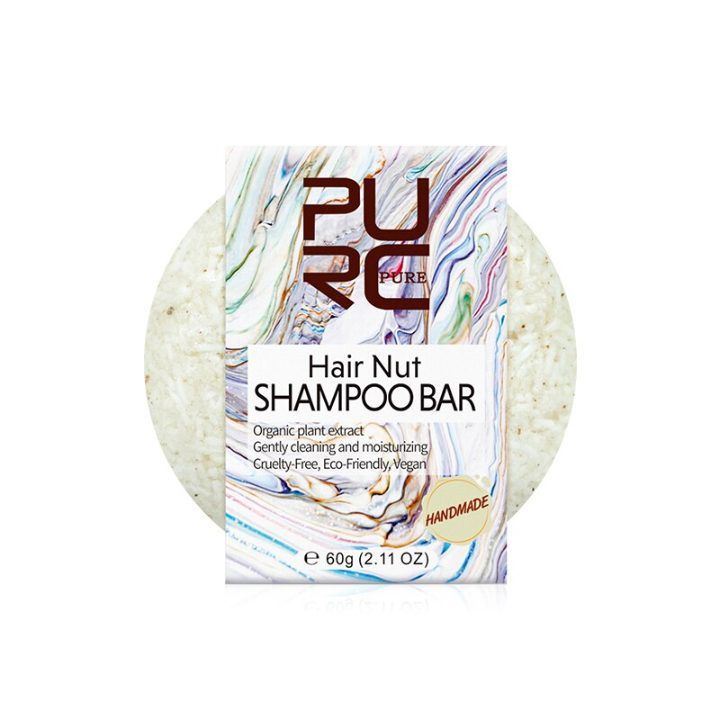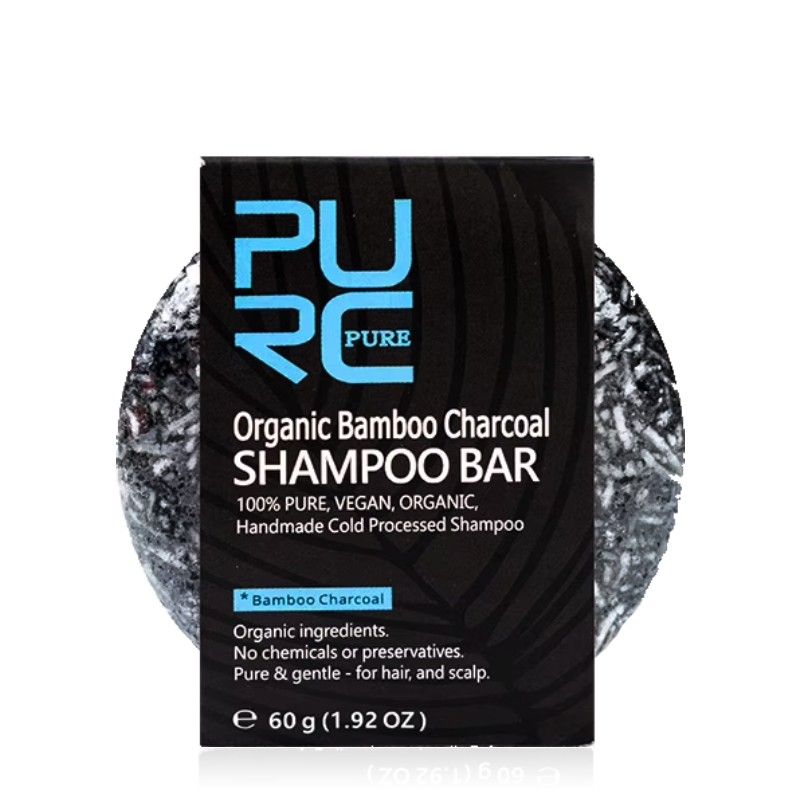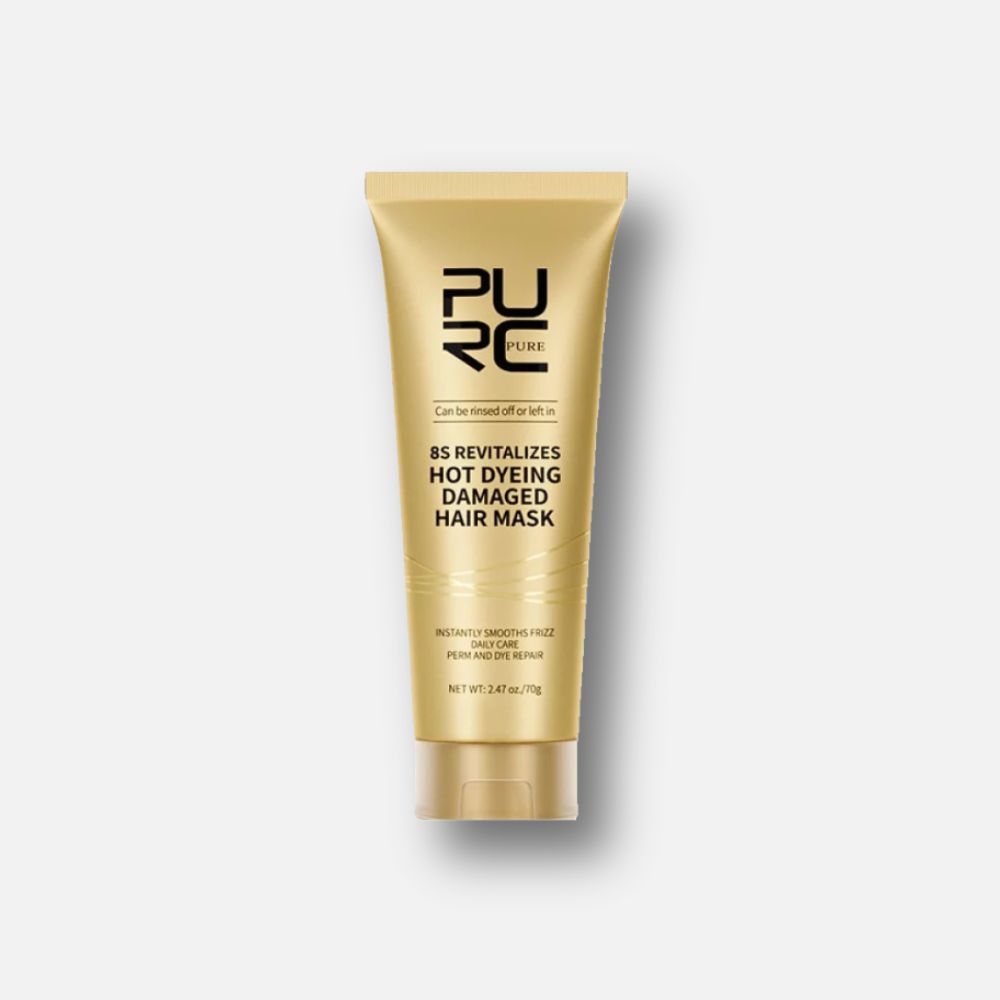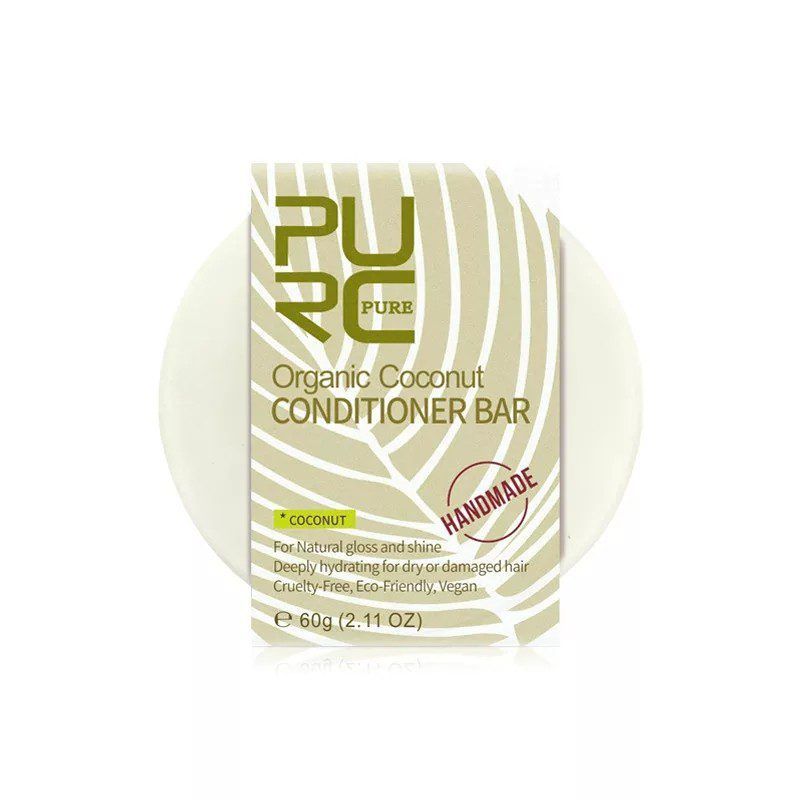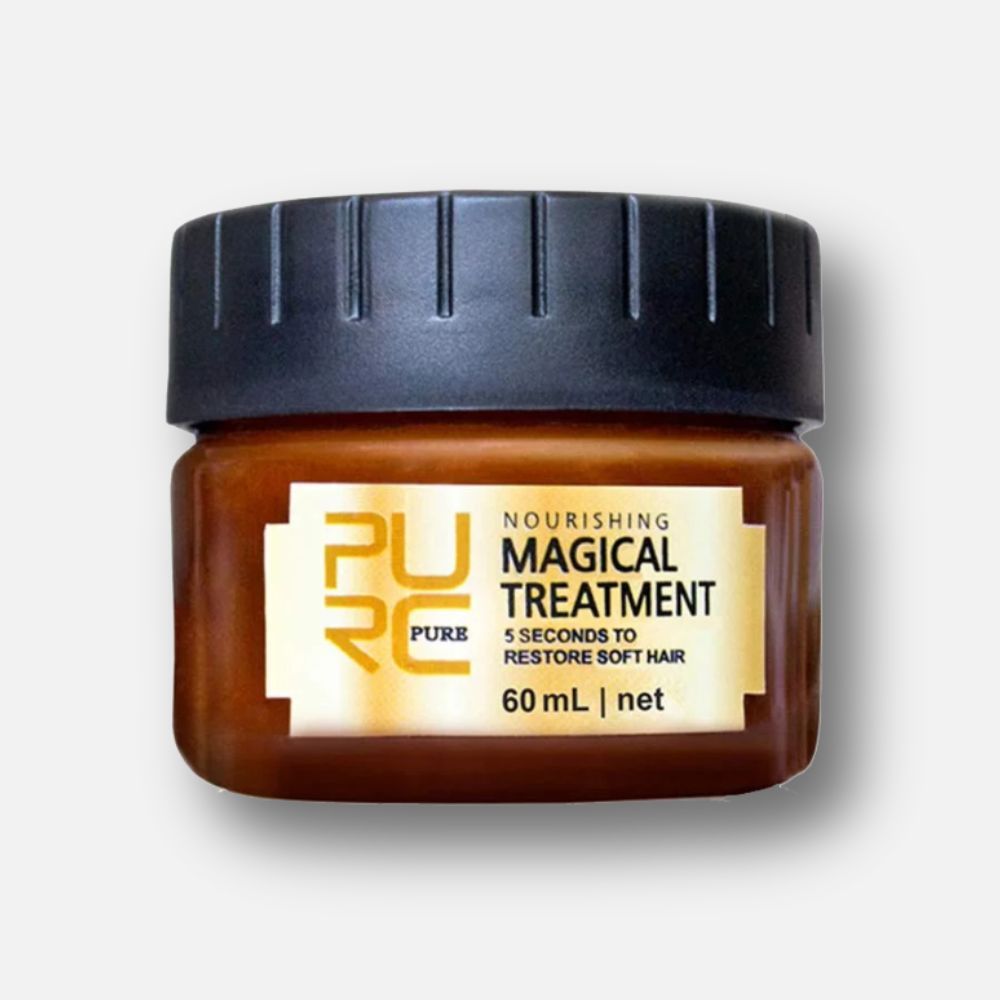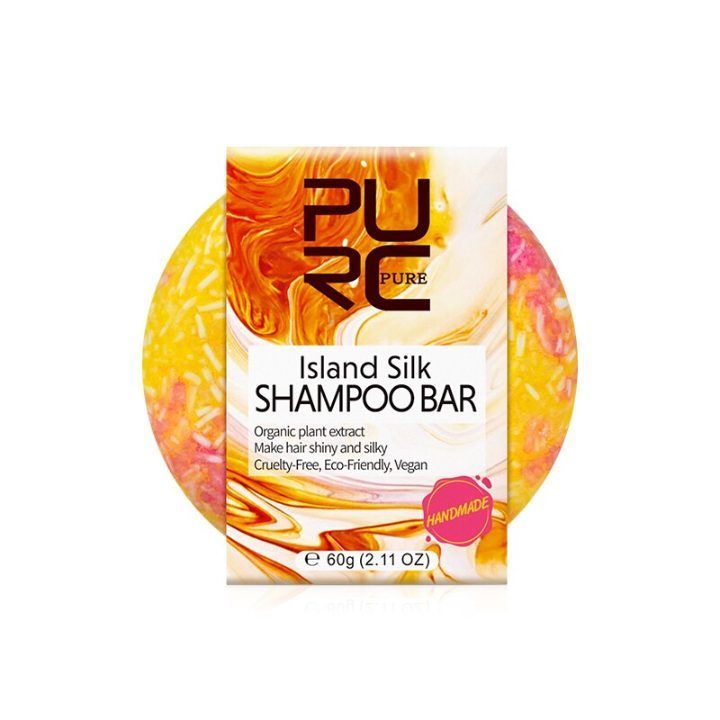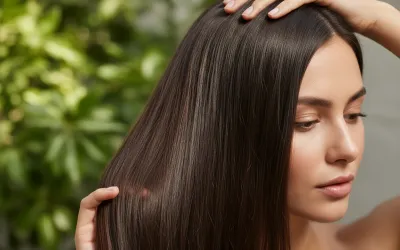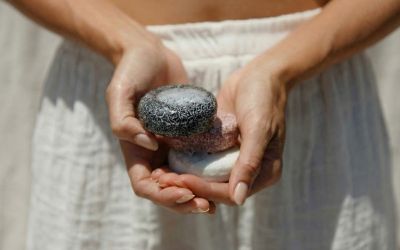ACV, the problem solver
Apple Cider Vinegar or ACV has been used to treat several health problems for ages. In ancient times, it was used to treat coughs and ailments. It also has uses as a natural disinfectant and preservative. It’s perhaps best known now as a weight-loss tool, acid reflux treatment, other hair, and skin benefits, and a means to help control blood sugar levels.
Apple cider vinegar is thought to be beneficial to health in various ways. This article discusses all you need to know and the advantages of ACV to hair and skin.
Introduction To Apple Cider Vinegar, And How It Works?
ACV is created through a process of fermenting apple juice twice. In the first step, crushed apples are combined with yeast, sugar, or another carbohydrate. After a few weeks, natural bacteria and yeasts ferment the juice, converting the carbohydrates to alcohol. The alcohol is then converted to acetic acid in a second fermentation phase, yielding apple cider vinegar. In stores, you can buy pasteurized or unpasteurized apple cider vinegar. Raw apple cider vinegar is most commonly used for health reasons since it contains more natural bacteria and yeast. These chemicals, referred to as “the mother,” make up the foggy sediment in the bottle.
The Nutritional Value Of Apple Cider Vinegar
Acetic acid, generated during fermentation, is the star of apple cider vinegar. This acid could be beneficial to your health in many ways. It also includes Vitamin B and Vitamin C. Bacteria and lactic, citric, and malic acids are present. The vinegar’s acidic flavor comes from these acids. Raw apple cider vinegar also contains the following ingredients:
- Probiotics (friendly bacteria) are natural bacteria that can assist your immune system and gut health.
- Antioxidants are chemicals that protect the cells in your body from harm.
Best Way To Use Apple Cider Vinegar
Some individuals consume the vinegar directly or use it as a salad dressing and marinades as dishes benefit from the tanginess of apple cider vinegar. A splash can be added to your favorite sauces and stews for added taste or be widely used in canning and pickling. Its acidity kills microorganisms that could ruin food. Others take capsules or consume gummies as a supplement.
In addition, studies suggest that it may have health benefits, such as:
- Assisting in weight loss.
- Blood sugar levels are being reduced.
- Cholesterol reduction.
- Diabetes symptoms are being improved.
Apple Cider Vinegar And Its Hair Benefits
There are numerous reasons why this trendy health food is beneficial to your hair:
- pH and Acidity – For starters, ACV is an acidic chemical with several well-studied health benefits. It contains a lot of acetic acids. Hair that seems dull, brittle, or frizzy has a higher pH than hair that appears dull, brittle, or frizzy. The notion is that an acidic chemical, such as ACV can help lower pH and restore hair health.
- Antimicrobial Properties – ACV, which is antimicrobial, is also used as a household disinfectant. It may help reduce bacteria or fungi that cause scalp and hair problems, such as itching and minor infections. Some claim it also contains alpha-hydroxy acid, which exfoliates scalp skin and is anti-inflammatory, making it useful for dandruff.
How Can Apple Cider Vinegar Be Applied To The Hair?
It’s pretty easy to make an ACV wash; follow the following steps:
- Mix a cup of five parts water with one part of apple cider vinegar.
- After shampooing and conditioning your hair, evenly distribute the mixture throughout your hair, massaging it into your scalp.
- Allow the mixture a few minutes of resting time. If the acidic scent is too strong for you, add a few drops of essential oil to the mixture.
- Rinse it thoroughly. After rinsing, the smell should dissipate fast.
- Once or twice a week, try introducing the rinse into your hair care routine.
Apple Cider Vinegar and Benefits For Skin Health
- Skin disorders such as eczema and dry skin are routinely treated with ACV. As the skin is mildly acidic by nature, topical apple cider vinegar may aid in rebalancing the skin’s natural pH and enhancing the protective skin barrier. On the other hand, alkaline soaps and cleansers may irritate eczema and exacerbate symptoms. Apple cider vinegar’s antibacterial qualities could theoretically help prevent skin infections associated with eczema and other skin diseases.
- ACV is occasionally used as a toner or cleanser for the face in its diluted form. It’s supposed to fight microorganisms and prevent stains. See your doctor before attempting any new therapies, especially on wounded skin. Avoid getting vinegar on your skin without diluting it, as it can cause burns.
How Can Apple Cider Vinegar Be Applied To The Skin?
Bacteria, in combination with oil, can block your pores. The goal of treating and managing acne is to minimize the number of germs on the skin. Because of the high concentration of organic acids in vinegar, it has antibacterial characteristics. When used as part of a daily skincare routine, apple cider vinegar’s antibacterial characteristics may minimize acne breakouts.
Washing your face daily can aid in the removal of oil, dirt, and other debris. A facial wash or cleanser is the most effective approach to have your skin as clean as a whistle. When used as a face cleanser, Apple cider vinegar effectively removes bacteria and dirt from the skin.
To make an all-natural apple cider vinegar face cleanser from scratch, use the following ingredients:
- A quarter cup of hot water
- 1 tbsp of apple cider vinegar
Instead of harsh soaps or chemicals, use apple cider vinegar to wash gently.
Things To Keep In Mind
When you use apple cider vinegar on your hair, it’s all about restoring balance. It’s easy to go too far if you’re not careful. If your hair or scalp problems worsen instead of improving, stop taking ACV. Alternatively, reduce the amount of rinse you use or the frequency you apply it. Acetic acids, which are caustic, are found in apple cider vinegar. This indicates that they may irritate or burn the skin.
Conclusion
Hair and skin are unique to each individual. As a result, apple cider vinegar rinses may or may not work for everyone. The simplest way to see if it’s right for you is to try it out in your hair and skincare routine and see how it goes.
